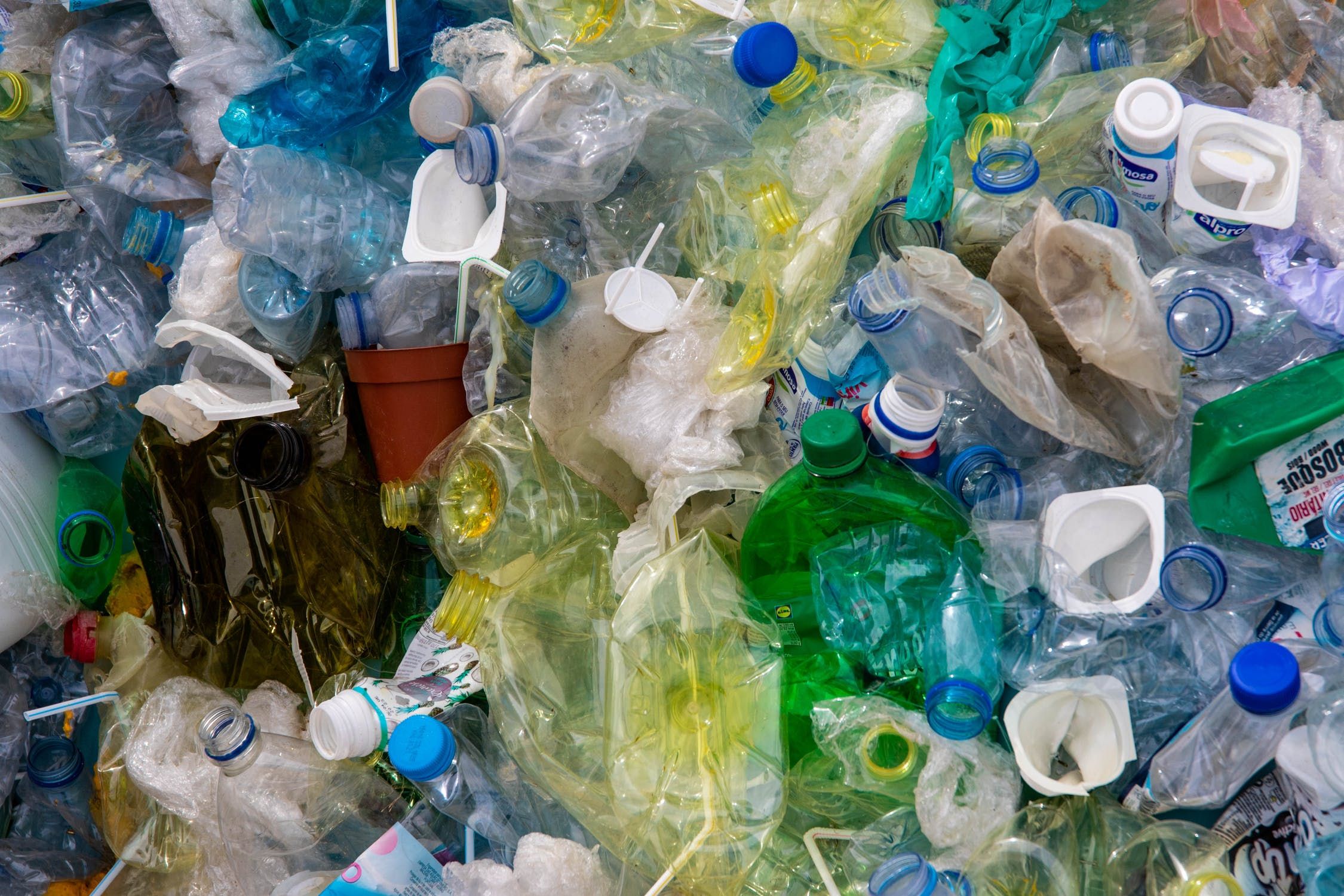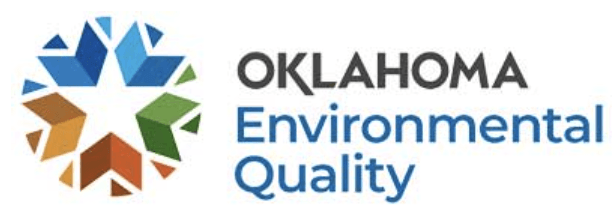
Saturdays with Shavara
What’s with Plastic Recycling in the U.S.?
Welcome back to another Saturday with Shavara and what a wonderful Saturday it is shaping up to be. Speaking of things shaping up the year 2020 is shaping up to be quite different than most of us expected and that goes for not only the newness of navigating life during a pandemic, but also the evolving information about the recycling industry regarding plastic. Most of us know that plastic is harmful to the environment and we are taught that recycling is the responsible thing to do, however is that chalking up to be enough to make a noticeable impact on the environment?
First things first, from an economic perspective making new plastic is a heck of a lot cheaper than making products out of recycled ones, so you can imagine the plastic producing industry relies on the demand for plastic products that need producing in grander quantities than what is actually being recycled. The more we continue to rely on plastic products the more manufactures can get away with producing it and many of those same manufacturers in turn promote the practice of recycling plastics because they know it will appease the masses that want to buy products encased in plastic guilt-free.
The hard truth is as much as we may want to make using plastic OK because we recycle it the statistics don’t lie. "If the public thinks that recycling is working, then they are not going to be as concerned about the environment," Larry Thomas, former president of the Society of the Plastics Industry, known today as the Plastics Industry Association and one of the industry's most powerful trade groups in Washington, D.C., told NPR in an interview. Today roughly 9% of the plastic that is produced and consumed is actually recycled, while the vast majority is sitting in those dreaded landfills going on to live for a thousand years, so in truth we’re not recycling nearly enough of the plastic that we consume.
The big question is then, if plastic recycling is being considered ineffective, or simply not practiced at a degree large enough to make a true environmental difference, then what do we do? I certainly don’t have all the answers, or for that matter even a portion of the answer’s; however, one answer to this plastic crisis is that of reduction. To me when I read the recent reports siting plastic recycling as a hoax or marketing tactic for big plastic producing companies to make us believe we weren’t causing harm to the environment there seemed to be a key point missing. If we as a society take this information as more of a reminder to reduce the amount of plastic we purchase, and therefore have entered into the waste stream than we stop a huge part of this issue. Manufactures will only continue producing plastic at the rate of demand, i.e. less demand less plastic. If we’re waiting on the manufacturers of plastic and oil companies to have the desire to cut back their production we will likely be waiting nearly as long as it takes for plastic to decompose in those landfills I mentioned early because let’s face it producing new plastic is also hugely profitable. The oil industry makes more than $400 billion a year making plastic, and as the demand for oil for cars and trucks makes a notable decline (yay us for getting this carpool and public transit thing down), the industry is telling their shareholders that future profits will continue to rise when it comes to plastic. There is also the pesky fact that with so few people recycling plastics, that even if big manufactures true desire is to produce new cheap plastic at crazy rates, we sort of help them when we don’t recycle clean plastics that can be made into new products.
No matter if the reason behind oil and plastic manufactures endorsement of plastic recycling is real or fake it is still on us as the consumer to do better when we know better. If we must use plastic, then we should responsibly recycle it. What we should strive for is the continued move towards a less plastic filled world. Consumers hold so much power and it’s our jobs to recognize that power and use it to protect the environment. This is where my plastic rant will leave you, as always Reduce (plastic use), Reuse (the plastic that you have), Recycle (clean plastics to be made into new products).
KOB’s very own Content Writer,
Shavara J.
References:




